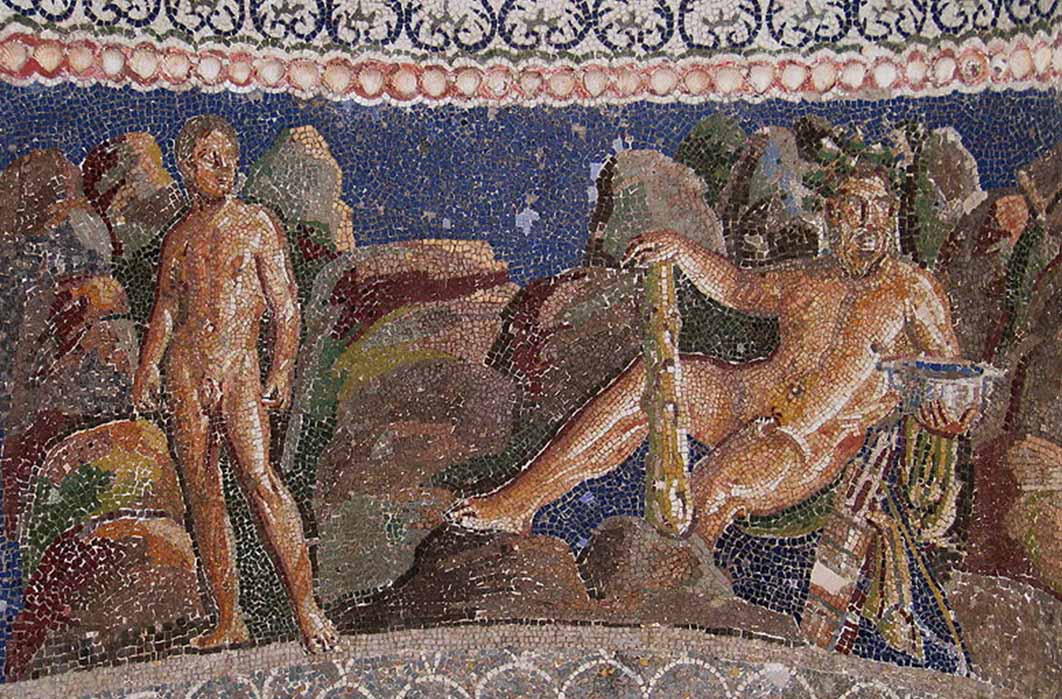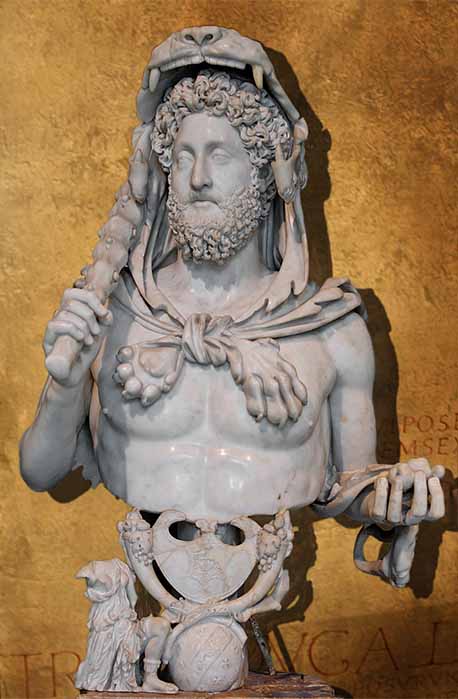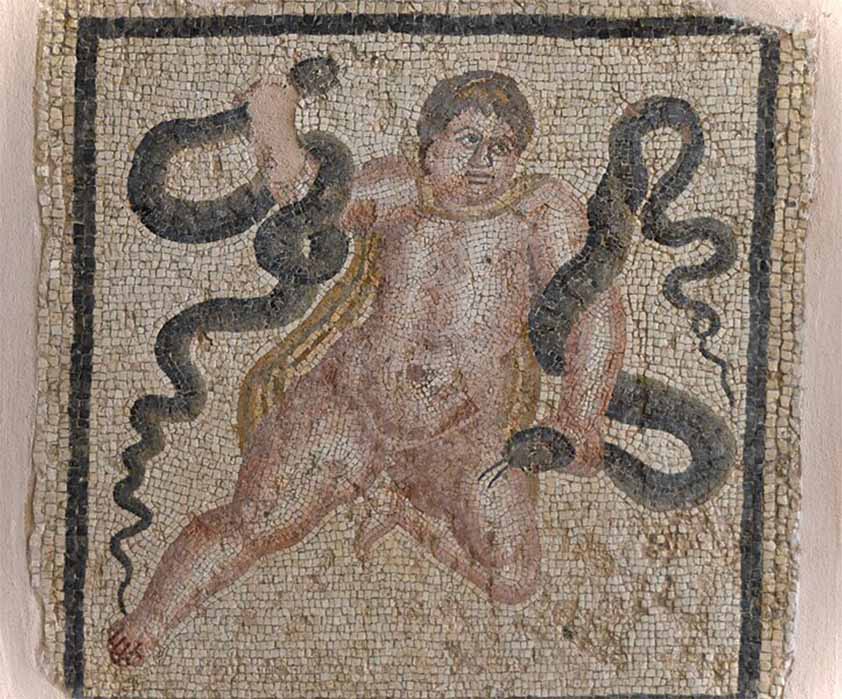
No Happy-Ever-After For The Doomed Lovers Of Hero Heracles
Heracles, born of the mortal woman Alcmene by Zeus, King of the Gods, is the greatest of the Greek heroes, yet he was not fated to an everlasting happy love life, until after his death. His popularity even reached ancient Rome (where he was known as Hercules), as Commodus and Maximian, two of the later Roman Emperors, adopted his likenesses for their official portraits and associated themselves with him. Commodus believed he was a reincarnation of Hercules, and Maximian adopted the moniker Herculius. Maximian's coinage frequently depicts Hercules as an allusion to him taking on the heroic role of Hercules and performing the many imperial tasks that were allotted to him.

Commodus as Hercules. Capitoline Museum (CC0)
Zeus and Alcmene
The animosity that Zeus’ wife, Hera, harbored towards Heracles played a significant role in his life. Although Hera had always been portrayed as the jealous wife of the adulterous Zeus, her animosity for Alcmene and Heracles appears to have been particularly deep and vicious - perhaps because Alcmene was a mortal and not one of the nymphs and goddesses that often comprised Zeus’ mistresses.
As Zeus wanted to spend as much time as possible with Alcmene, he ordered the god of the sun, Helios, to stay asleep for three days to extend one night into three. After posing as her husband Amphitryon who had returned early from his travels, Zeus made love to her. As it happened, Amphitryon did return later that evening and made love to Alcmene as well. Alcmene then conceived two sons, one divine and one mortal, by Zeus and Amphitryon respectively. This phenomenon is known as heteropaternal superfecundation, when a woman bears twins born of two different fathers (some legends also relate this to the divine twins Castor and Pollux, one of whom were also attributed to Zeus and the other to a mortal man). Heracles’ twin mortal brother was named Iphicles, and he later became the father of Heracles' charioteer Iolaus.

The infant Hercules strangling two snakes, from Antioch (second century AD) Hatay Archaeology Museum, Antakya, Turkey (Public Domain)
When he was born, Heracles was named Alcides. However, to appease Hera, the boy was given the name Heracles, which translates to "Hera’s pride." However, this did nothing to please the angry goddess, and Hera sent two enormous snakes into Heracles and Iphicles' chamber when the twins were only eight months old. Upon seeing the snakes, Iphicles shrieked in fear like any human baby would. But Heracles seized the snakes with both hands and choked them. When their nurse came into their room later, she discovered Heracles using the snakes as toys, happily playing with them in his crib. Startled, Amphitryon summoned the seer Tiresias, who foretold of the boy's unusual future, claiming he would grow up to defeat many monsters. Heracles did go on to defeat many monsters, but the monsters did not form a big part of his life story. Heracles’ life was also colored with many loves and relationships.
Megara, the Tragic First Bride of Heracles
The Theban King Creon rewarded Heracles for his valor in battle by offering his eldest daughter, Megara, as a bride after Heracles defeated the Minyans at Orchomenos. Soon, Heracles married Megara and had children by her.
- A Herculean Effort: Can You Name the 12 Labors of Hercules?
- An Unfortunate Fate and Nasty Gods: The Tragic Story of Mythical Deianira and Her Lover Hercules
- My Name Is Heracles, And I Have Father Issues
The most widely read narrative of Hercules' tragic marriage to Megara is found in Euripides' Heracles, although numerous other versions also exist. Euripides tells of Hercules returning home after his expedition to the Underworld to retrieve Cerberus to find anarchy. In his absence, Lycus had arrived in Eubea to kill Creon and overthrow him, as well as kill Megara and their children. Heracles shot Lycus dead with an arrow as he raced to protect his family. But Hera intervened just as Heracles was ready to offer a sacrifice to Zeus, cursing Hercules with a hallucination.




